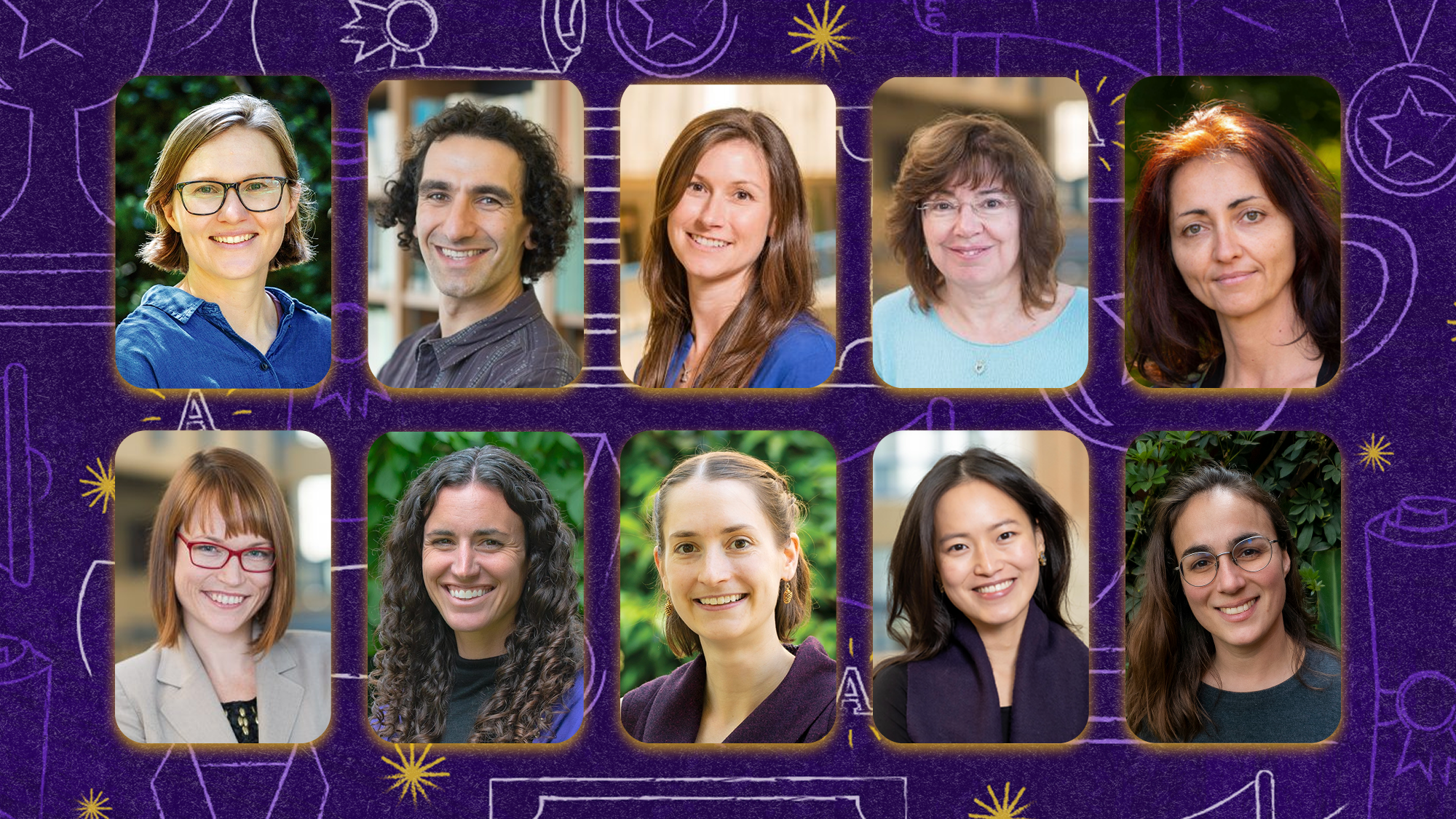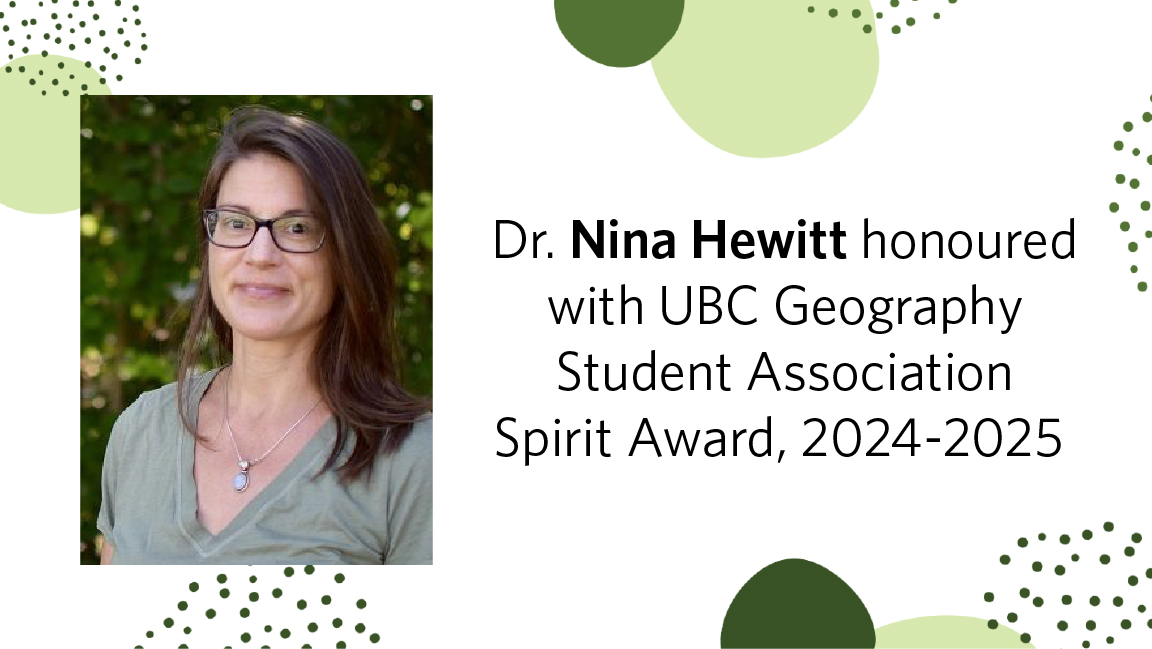A new study from UBC’s Department of Geography and Lund University has found that high school students in Canada are not being given the full picture when it comes to climate change.
Department of Geography PhD candidate Seth Wynes and co-author Kimberly Nicholas analyzed textbooks and curricula from Canada’s 13 provinces and territories and interviewed curriculum designers.
They found that while in general Canadian curricula cover the fact that anthropogenic climate change is happening, there was not enough focus on possible solutions, and some provinces presented human causes as a subject of debate, rather than a scientific consensus.
“A focus on inaccurate scientific controversy is problematic,” said lead author Wynes. “If you ask students to debate whether or not climate change is happening, or if it’s caused by humans, it gives them the idea that there’s disagreement on facts established with great scientific certainty.”
Despite having the highest per capita greenhouse emissions in the country, Saskatchewan was found to have the most comprehensive climate change curriculum. B.C. ranked 9th.
The study is published in PLOS One, and received coverage on CBC, The Huffington Post, The Star, CTV, The Narwhal and News 1130,


